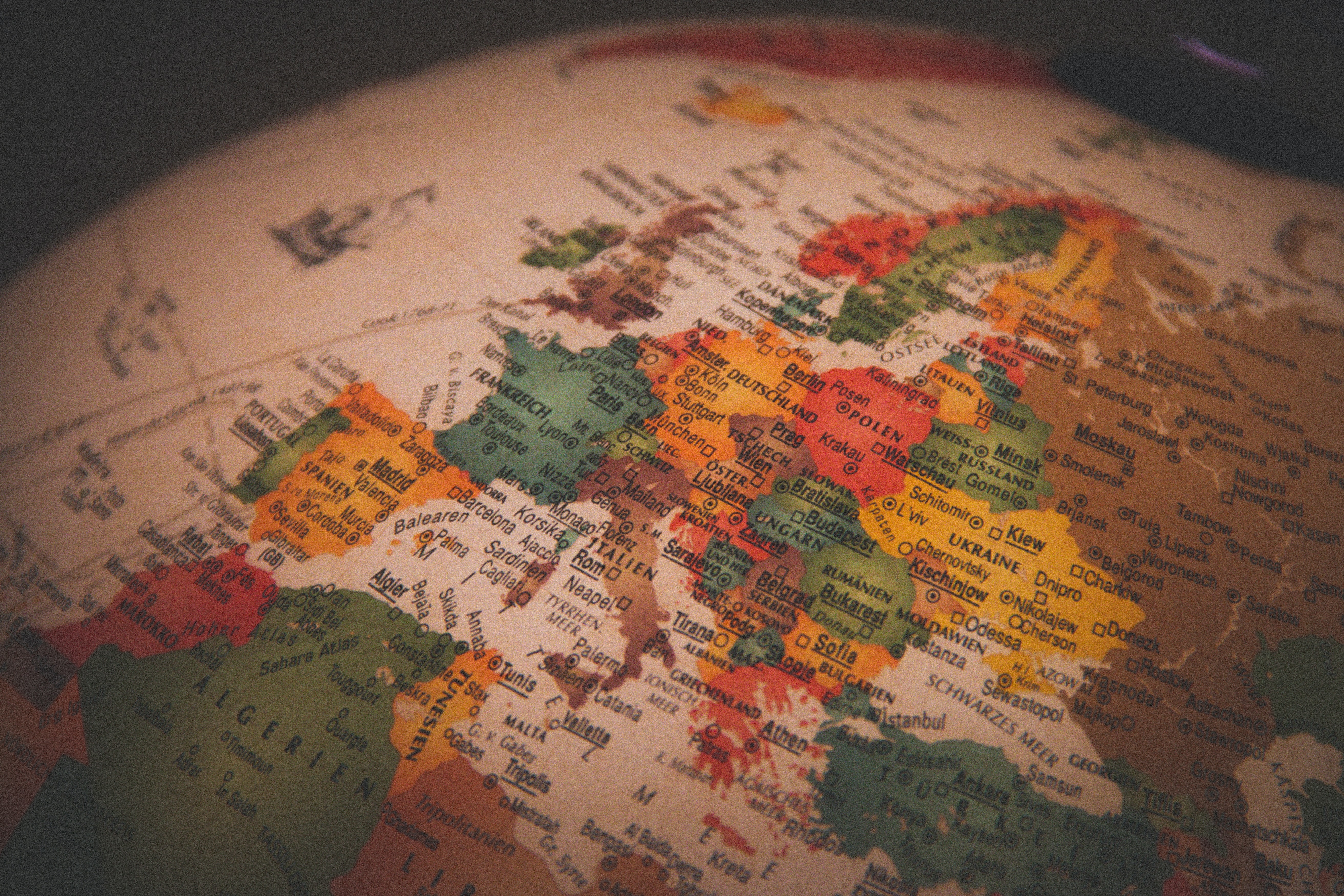Virtual Citizen Dialogue “The Making of Europe”

Wednesday, the 16th of November
12:00 – 13:30
Online
Universität Innsbruck, in cooperation with the European Committee of the Regions, is pleased to host a Virtual Citizen Dialogue on the topic of “The Making of Europe”. With contributions from different European regions, the Citizen Dialogue will offer a unique opportunity to better understand how Europe functions and engage with European stakeholders from various backgrounds.
The Virtual Citizen Dialogue invites students and the interested wider public to get first-hand insights into policy-making within the European institutions, contrasted by different regional perspectives showcasing the diversity of European stakeholders and voices. It will be a forum where the abstract gets concrete, enabling us to better understand how attitudes and beliefs vary within (European) cultures and communities – and how this relates to and influences the making of Europe.
The Virtual Citizen Dialogue is part of the course “The Making of Europe”, which is currently run by the Universität Innsbruck within the Aurora European University Alliance. With contributions from Brussels, North Rhine-Westphalia, Region Hauts-de-France and the Tyrol, it brings a wide array of European perspectives to the virtual table. With welcome addresses from several European University Alliances of the contributing regions, the Virtual Citizen Dialogue also emphasizes the importance of European teaching and learning beyond institutional boundaries.
For info on the agenda and how to join please to the link
The Virtual Citizen Dialogue will be chaired by Silke Meyer, Professor of European Ethnology, Speaker of the research area Cultural Encounters – Cultural Conflicts, and Dirk Rupnow, Professor of Contemporary History and Dean of the Faculty of Philosophy and History.